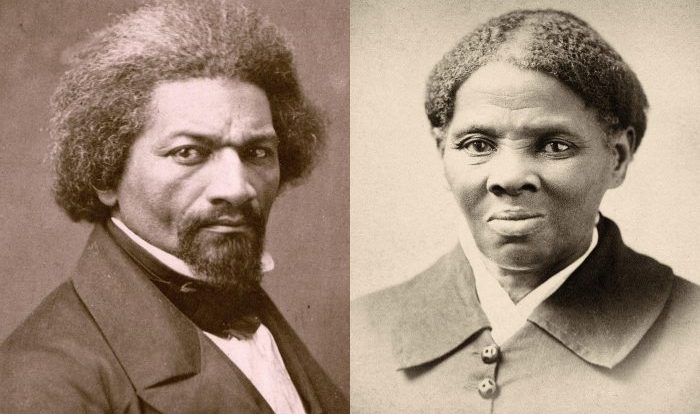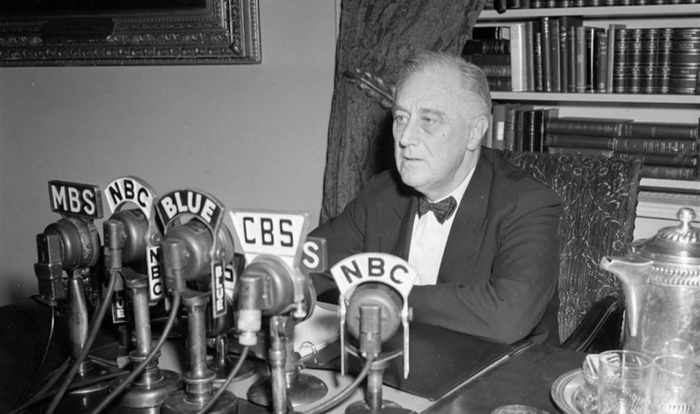New Deal initials crossword clue: Embark on an intriguing journey into the depths of American history and the transformative policies that shaped a nation. This exploration unravels the significance of these enigmatic initials, revealing the context, impact, and enduring legacy of the New Deal.
President Franklin D. Roosevelt’s visionary leadership during the Great Depression gave birth to the New Deal, a comprehensive set of programs and reforms that sought to revitalize the American economy and restore hope to its citizens.
New Deal Initials: New Deal Initials Crossword Clue
The New Deal refers to a series of economic and social reforms introduced by the United States government during the Great Depression under President Franklin D. Roosevelt.
The initials of the New Deal stand for the National Recovery Administration (NRA), the Public Works Administration (PWA), and the Civilian Conservation Corps (CCC).
Background and Context
The Great Depression was a devastating economic crisis that began in 1929 and lasted throughout the 1930s. The crisis caused widespread unemployment, poverty, and social unrest.
In response to the crisis, President Roosevelt introduced the New Deal, a series of programs and initiatives designed to stimulate the economy, provide relief to the unemployed, and promote social welfare.
Significance
The New Deal had a profound impact on American history. It helped to stabilize the economy, reduce unemployment, and improve the lives of millions of Americans.
The New Deal also played a significant role in shaping the modern American welfare state. Many of the programs and initiatives introduced during the New Deal, such as Social Security and unemployment insurance, remain in place today.
FDR and the New Deal
President Franklin D. Roosevelt played a pivotal role in the New Deal, a series of economic policies enacted during the Great Depression to alleviate the economic crisis and promote recovery. His leadership, vision, and determination were instrumental in shaping the New Deal’s agenda and its implementation.
Key Policies and Programs
The New Deal encompassed a wide range of policies and programs designed to address the challenges of the Depression. These included:
- The Civilian Conservation Corps (CCC) provided jobs for unemployed young men in conservation projects.
- The Works Progress Administration (WPA) employed millions of workers on public works projects, such as building roads and schools.
- The Social Security Act established a system of retirement benefits and unemployment insurance.
- The National Recovery Administration (NRA) aimed to stabilize industries and set prices and wages.
- The Agricultural Adjustment Act (AAA) sought to raise farm prices and reduce agricultural surpluses.
Impact of the New Deal
The New Deal had a significant impact on the American economy and society. It provided immediate relief to millions of unemployed Americans, stimulated economic growth, and laid the foundation for future economic stability.
However, the New Deal also faced criticism. Some argued that it expanded the role of government too much, while others claimed it did not go far enough in addressing the underlying causes of the Depression.
Lasting Legacy of the New Deal
The New Deal, enacted by President Franklin D. Roosevelt in response to the Great Depression, had a profound impact on the role of the federal government in the economy and American society. Its legacy continues to shape American politics and society today.
The New Deal expanded the role of the federal government in the economy by creating numerous agencies and programs designed to regulate the economy, provide relief to the unemployed, and stimulate economic growth. These programs included the Social Security Administration, the Federal Deposit Insurance Corporation, and the Tennessee Valley Authority.
Social and Economic Reforms
The New Deal also introduced a wide range of social and economic reforms, including the establishment of a minimum wage, the right to organize unions, and unemployment insurance. These reforms helped to improve the lives of millions of Americans and laid the foundation for the modern American welfare state.
Long-Term Impact
The New Deal had a lasting impact on American politics and society. It helped to create a more active and interventionist role for the federal government in the economy, and it laid the foundation for the modern American welfare state.
The New Deal also helped to shape the political landscape of the United States, with the Democratic Party becoming the dominant party in American politics for decades to come.
New Deal Critics and Supporters
The New Deal, a series of programs and reforms enacted by President Franklin D. Roosevelt during the Great Depression, sparked both praise and criticism. Critics and supporters held contrasting views on the effectiveness and long-term impact of these policies.
Criticisms of the New Deal
- Increased government spending and debt:Critics argued that the New Deal’s massive spending programs would lead to inflation and an unsustainable national debt.
- Federal overreach:Critics believed that the New Deal’s expansion of federal power infringed on individual liberty and states’ rights.
- Economic inefficiency:Some critics argued that New Deal programs, such as the National Recovery Administration, created monopolies and stifled competition.
- Lack of focus on fiscal responsibility:Critics argued that the New Deal’s emphasis on job creation and social welfare programs neglected the need for balanced budgets and sound fiscal management.
Arguments of New Deal Supporters
- Immediate relief for the unemployed and poor:Supporters argued that New Deal programs, such as the Civilian Conservation Corps and the Works Progress Administration, provided much-needed relief and jobs during the Depression.
- Stimulation of economic activity:Supporters believed that New Deal spending and public works projects boosted aggregate demand and helped revive the economy.
- Expansion of social welfare:Supporters argued that New Deal programs, such as Social Security and unemployment insurance, established a vital safety net for the elderly, the unemployed, and the disabled.
- Long-term benefits:Supporters believed that New Deal programs, such as the Tennessee Valley Authority and the Rural Electrification Administration, created lasting improvements in infrastructure and economic development.
Comparison of Perspectives, New deal initials crossword clue
Critics and supporters of the New Deal had contrasting views on the role of government, the importance of fiscal responsibility, and the best path to economic recovery. Critics emphasized the risks of government overreach and economic inefficiency, while supporters focused on the immediate relief and long-term benefits provided by New Deal programs.
FAQ Guide
What is the full form of the New Deal initials?
The New Deal initials stand for National Recovery Administration.
What was the primary goal of the New Deal?
The New Deal aimed to combat the devastating effects of the Great Depression by stimulating economic recovery and providing relief to the unemployed and vulnerable.
Who was the driving force behind the New Deal?
President Franklin D. Roosevelt was the architect and driving force behind the New Deal.

